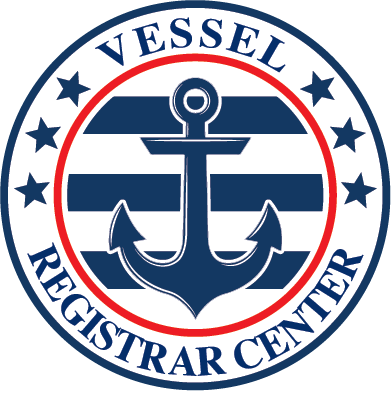If you own a vessel operated by the United States Coast Guard, you must understand the significance of Coast Guard documentation. Vessel documentation informs the United States Coast Guard (USCG) about who owns a certain vessel and how it should be utilized. It is required to get Coast Guard documentation for any vessel operated by a citizen of the United States traveling on foreign or domestic seas.
Your vessel’s registration certificate serves as a legal document that the Coast Guard may use to verify your ownership, compliance with safety regulations, and allowed usage. It is possible to receive Coast Guard paperwork via Maritime Documentation Center or directly from the United States Coast Guard’s National Documentation Center. It is critical that you maintain current paperwork on your yacht to keep it in conformity with federal requirements. Our goal is to explain why Coast Guard documentation is so crucial and how to go about getting it in this section. ?

Easier International Travel
Many people hold the belief that vessel documentation is neither essential nor significant. Many of those who fall into this group are unaware of the need to carry Coast Guard documentation on their person. If your boat or ship has a displacement of more than five and a half tons in the United States, you must have paperwork for it. However, even a smaller vessel might benefit from obtaining USCG paperwork since it makes transit to and from other nations much more straightforward. According to mass.gov, it will be simpler for your boat to cruise overseas if it has USCG paperwork onboard it. Some nations have strong rules in place about foreign boats entering their territorial waters without prior permission.
Coast Guard Documentation Helps Reduce Fees and Taxes
The paperwork provided by the Coast Guard helps you to show that your seafaring vessel is, in fact, seaworthy. This may provide you with a competitive advantage in many enterprises, both on and off the sea. It benefits both company owners and insurance providers. Business owners save money by demonstrating that their ship and cargo are in good condition, and insurance companies may pick the most eligible firms over dangerous ones. A well-kept vessel qualified to be documented will have much cheaper fees and taxes than a vessel that is not eligible to be documented. The documentation certificate may also help raise the resale value of a piece of property. On the other hand, decertification might cause harm to a watercraft if it is not properly recorded.
Reduced Insurance Premiums
If you own a boat, you have a huge obligation to operate it actively and responsibly. All boating enthusiasts are aware of the responsibilities of boat ownership, but not all of them take the necessary steps to ensure that their boats are properly recorded for insurance reasons. When boats are not properly stored in covered dry docks with adequate safety measures onboard, they may cause significant damage and put people at risk.
The preparation of your vessel’s documentation is one of the most important process components. It assists your insurance provider in certifying that your boat has been properly maintained and will reimburse you for certain expenditures if they are incurred as a result of this. It also makes the ownership transfer process easier if you decide to sell the property. Your insurance checks will be more frequent and costlier because you won’t have any records on hand.
Legitimate Ownership
When it comes to the documentation of a vessel, the United States Coast Guard is quite stringent in its requirements. However, it becomes a requirement when you consider the legal ramifications that might emerge from a lack of records or erroneous information. When it comes to owning a boat or ship, you need to make sure you have two forms of paperwork. One is concerned with ownership, while the other is concerned with operations. The Coast Guard may require you to provide proof that you are the lawful owner of your vessel if your vessel faces a circumstance in which it may be implicated, and you do not have Coast Guard documentation on board. It is critical to do it properly since a yacht that does not have the required paperwork may be confiscated by authorities due to the owner’s failure to comply with the regulations.
Having the proper documents will make your life a lot simpler. Having it allows you to avoid problems with Coast Guard officials when they examine boats, and it helps to guarantee that your vessel sails smoothly. Please remember that these processes are mandated by law and that failure to maintain accurate records may result in serious fines. We encourage all vessel owners to understand Coast Guard documentation and call the Maritime Documentation Center at (800)-535-8570 if this topic is something you’re concerned about.




